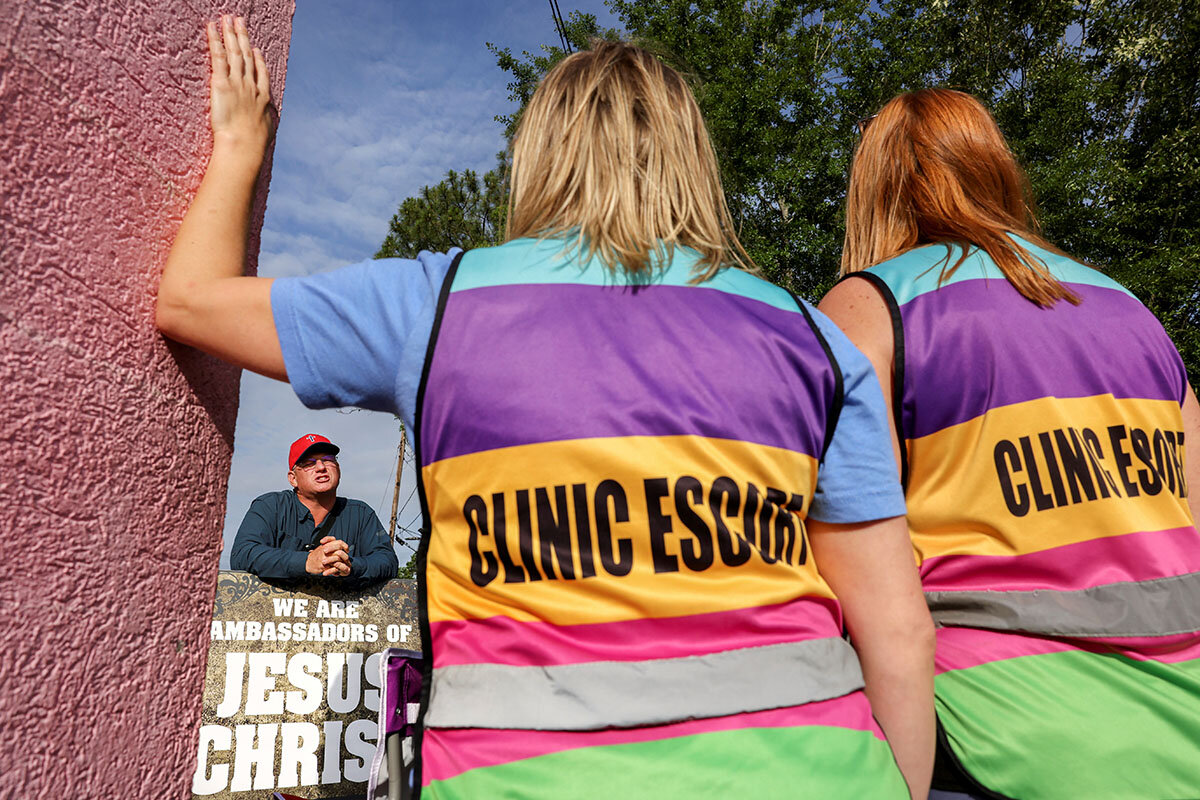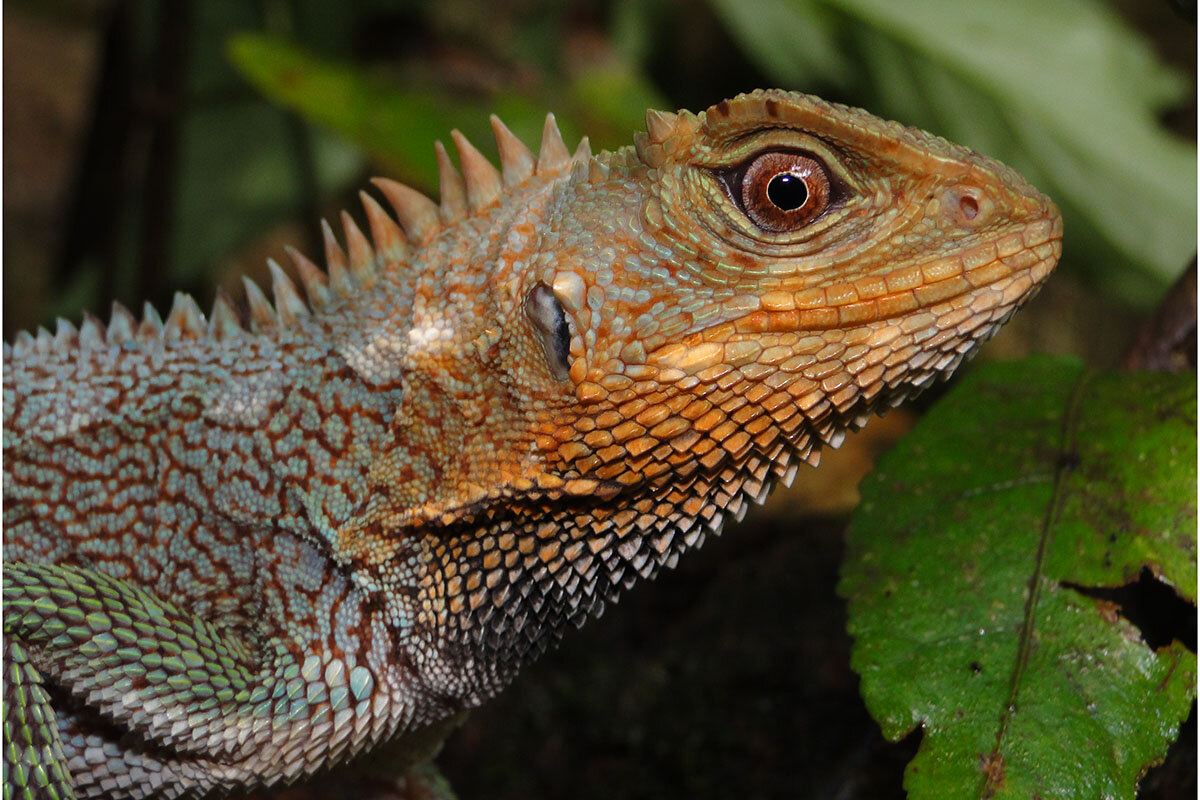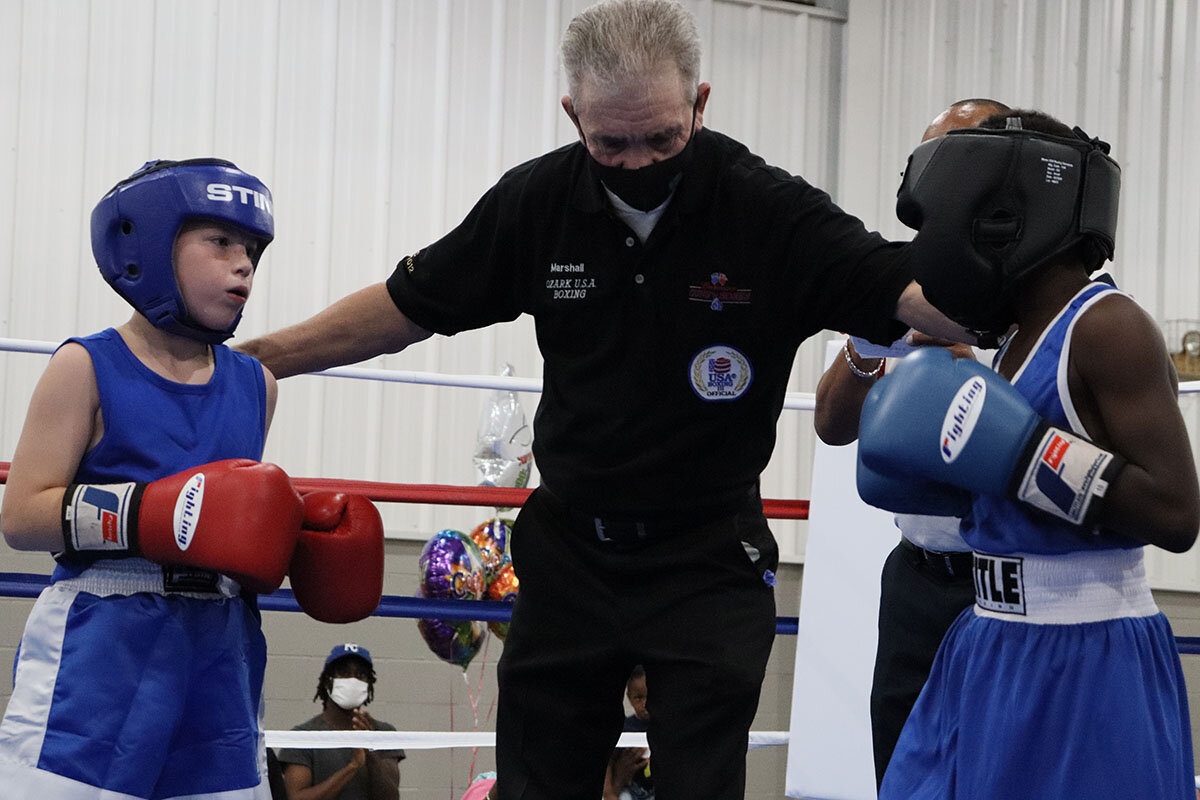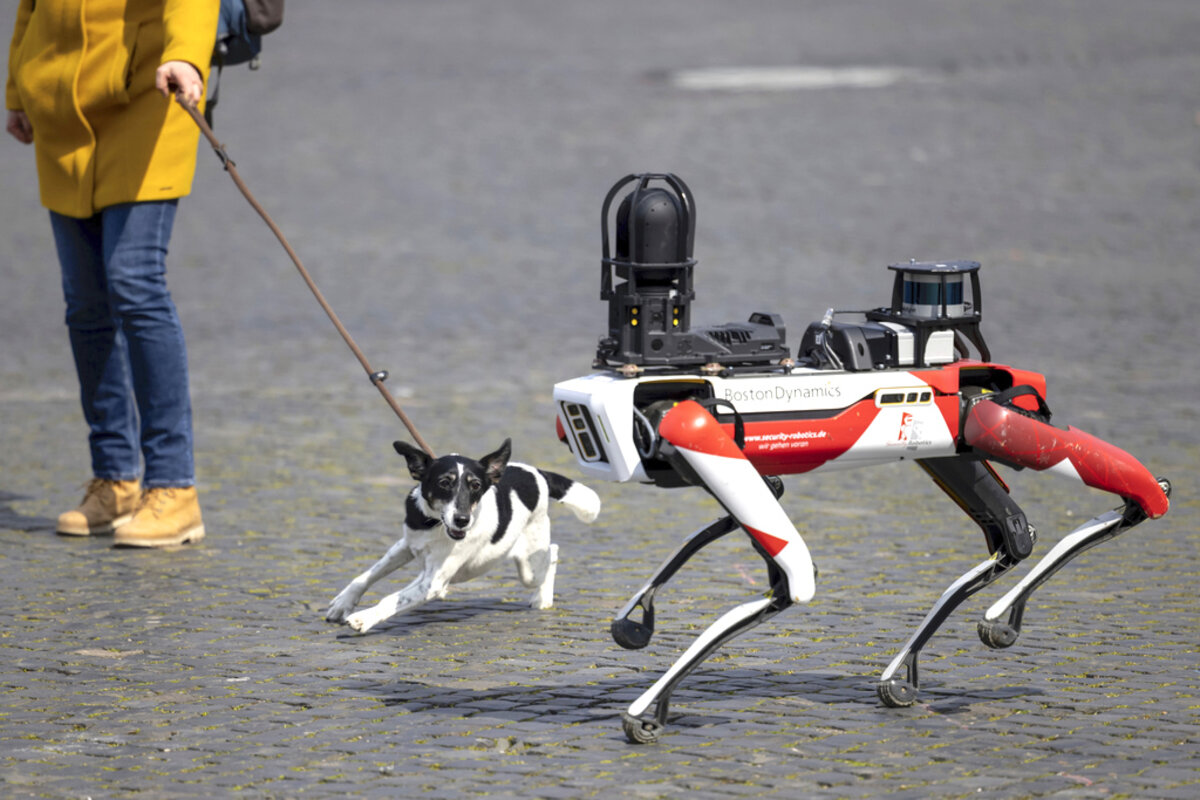In the rare instances the Supreme Court has overturned a constitutional precedent, it has typically been to expand, not revoke, a right. That may be changing for abortion rights, and states and their constitutions could find themselves even fiercer battlegrounds.
Monitor Daily Podcast
- Follow us:
- Apple Podcasts
- Spotify
- RSS Feed
- Download
 Howard LaFranchi
Howard LaFranchi
We hear a lot these days about emotional support animals. The concept of therapeutic pets is so prevalent that these canine or feline (or other) friends have their own acronym: ESA.
While on a reporting trip to South America, I found a posse of my own personal ESAs in the cats of Parque Kennedy in Lima, Peru.
I had been reporting in Peru – including today’s story on biodiversity – and was set to move on to Santiago, Chile. I had done everything necessary to meet Chile’s pandemic requirements for entering foreigners, but there was a catch: The entering foreigner needed an official response that a submitted proof of vaccination was approved by the Chilean Ministry of Health. But day after day, my electronic file said “case pending.”
My flight left without me. My negative COVID-19 test expired. I had no way of knowing when approval would arrive.
This is where the cats enter the story. Needing to think about something other than my predicament, I walked from my hotel to Parque Kennedy, a favorite spot for families. I sat on a park bench, and before long I noticed a cat. And then another cat. And then another.
Turns out they were the famous cats of Parque Kennedy. (Two Facebook pages, one in English, one in Spanish. Many media appearances, including on the BBC.) The formerly homeless cats are cared for by the dedicated Voluntary Group of Feline Defenders of Miraflores Park.
But what I saw in those cats that day – and on subsequent visits – was a reassuring calmness that seemed to say, “Take it from me, it’s going to be OK.” I took solace in the sense of trust they displayed, allowing strangers like me, and even jumpy children, to pet them or scratch them behind the ear.
So thanks, cats of Parque Kennedy, for becoming for a few brief moments my ESAs.











